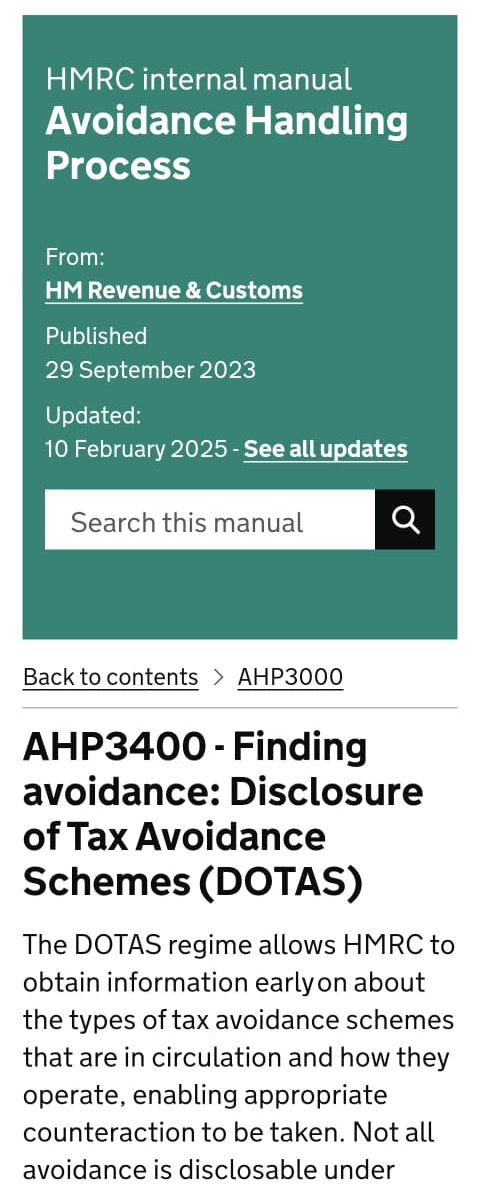Refusal to Restore Mis-described Dehydroepiandosterone (DHEA) / Prasterone held unreasonable.
- Hammad Baig-Tax Barrister

- Sep 12, 2018
- 1 min read
The case involved issues surrounding Customs Duty, refusal of restoration of goods lawfully seized, seizure of Class C drugs. mis-description of goods, drugs in question were known as “DHEA” or “Prasterone”, appellant suffering from Addison’s disease, DHEA recommended by appellant’s medical advisers as a replacement hormone to control his disease, held that the refusal to restore the drugs was unreasonable and a further review was directed. The appellant appeals against the decision of the Border Force in which the Border Force refused to restore 360 tablets of Dehydroepiandosterone (“DHEA”), also known as “Prasterone”, which was seized by Border Force.
The appellant suffers from Addison’s disease – a long-term disorder in which the sufferer’s body does not produce sufficient adrenal hormones – and, on medical advice, took DHEA in tablet form on a daily basis.
He imported DHEA tablets from United States because this particular drug is not available in the UK. DHEA is a Class C drug for the purposes of the Misuse of Drugs Act 1971. Its importation into the UK is prohibited unless it is imported pursuant to a licence issued by the Home Office or, in summary, it is personally imported by the person to whom the drug will be administered. The Border Force allege that the invoice described the drug as Vitamin C and Folic Acid.
In short, the appellant argues that the respondents’ refusal to restore his DHEA tablets was unreasonable in the sense that it was a decision that could not reasonably have been arrived at.
The Tribunal agreed with the Appellant and has ordered the Border Force to conduct another review.



Comments